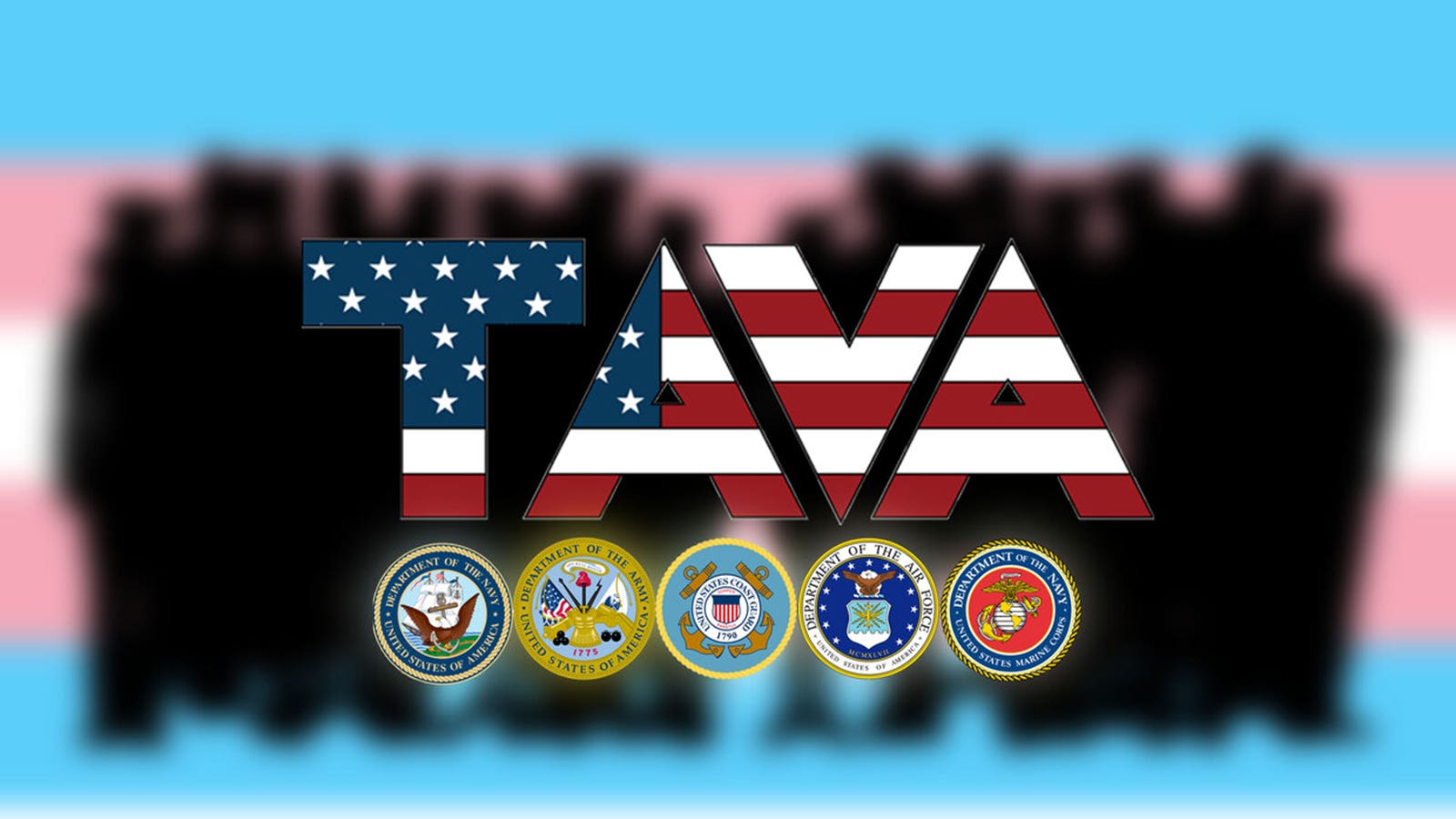

On Thursday, a group of transgender soldiers sued the Department of Veterans Affairs in an effort to compel it to start offering and funding gender-affirming therapies.
Rebekka Eshler, chairman of the Transgender American Veterans Association, stated that the lawsuit aims to force the VA to include linguistic guarantees in its regulations that it will start offering these services.
She claimed that the procedures are necessary to lower the risk of suicide, depression, and emotional distress in trans people with gender dysphoria.
The trans veterans association claimed in its petition, which it said was filed in the United States Court of Appeals for the Federal Circuit in Washington, that “it would also mean that those veterans do not have to get this care through private doctors,” which is often prohibitively expensive.
The Department of Veterans Affairs’ spokesperson stated that it makes no comments regarding ongoing legal disputes. However, he referred to statements made in 2021 by Veterans Affairs Secretary Denis McDonough, who said that the VA was starting a lengthy rulemaking process that might lead to the provision of gender-affirming surgeries. According to McDonough, the VA will “develop capacity to meet the medical needs” of transgender veterans.
He said that the decision will enable “transgender veterans to go through the entire gender confirmation process with the VA by their side.”
The judge gave the VA a 14-day deadline on Thursday to respond to the complaint.
In May 2016, the veterans submitted their initial petition calling for the rule change. Since then, the VA has held hearings and developed several proposed guidelines for cost-benefit analysis, according to the organization. However, despite the VA’s current provision of hormone therapy and other services to trans veterans in some areas, the group claimed that it has not quickly changed its regulations or offered any coverage for the surgeries.
Eshler said, “I receive phone calls from veterans who are in such a crisis that they are calling us because they can’t take it any longer and they want to go kill themselves.”
According to the organization, there are at least 10,000 transgender veterans who receive some sort of transition-related care through the VA and about 150,000 of them who are still alive.
Texas resident Natalie Kastner, a 39-year-old disabled veteran, said she visited the VA in 2022 to receive surgery. When the local doctors denied her request, she claimed that she took a knife and tried to self-castrate. She nearly died when she hit an artery, but doctors were able to save her life.
She said, “I did not go into that bathroom intending to kill myself.” “I went into that restroom in an effort to heal myself. How many others have done the same but not been as fortunate and have only been listed as suicide? I can only imagine.”
Eshler expressed her hope that the lawsuit will also standardize the care of transgender veterans, which can vary from state to state and even office to office.



